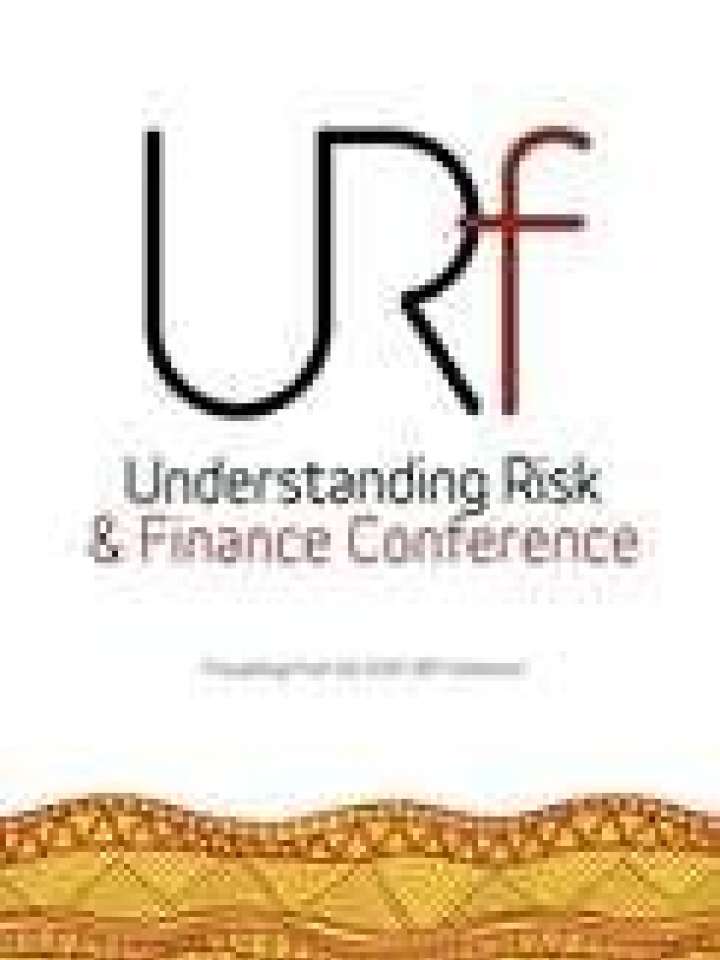Understanding Risk & Finance Addis Ababa Nov 2015 - Conference Proceedings
The Understanding Risk and Finance Conference (URf), held on November 17–20, 2015, at the African Union in Addis Ababa, Ethiopia, convened 450 disaster risk management experts and practitioners to discuss and share knowledge on how to mitigate the socioeconomic, fiscal, financial, and physical impacts of disasters in African nations.
Organized by the African Union (AU), the European Union (EU), the government of Ethiopia, the World Bank, and the Global Facility for Disaster Reduction and Recovery (GFDRR)—and in collaboration with a number of regional and international institutions—URf was part of the Building Disaster Resilience in Sub–Saharan Africa program, which is an initiative of the African, Caribbean, and Pacific Group of States that is financed by the EU and implemented by the AU, the United Nations Office for Disaster Risk Reduction, the African Development Bank, and GFDRR with the World Bank.
During the four-day event, African policymakers met with members of the private sector, the multilateral community, nongovernmental organizations (NGOs), and academic institutions to discuss the myriad of risks the continent faces, as well as to outline key lessons learned to overcome these challenges. Attendees were encouraged to address risks holistically, as the continent is highly vulnerable to droughts, floods, climate change, forced displacement, political instability, chronic poverty, conflicts, and pandemics.
The following were among the topics and concerns they raised:
- The potential impacts of El Niño in the region. While some countries, such as Ethiopia, have efficient safety nets in place to absorb some of the shocks of weather events resulting from El Niño, preparation activities in others are not as advanced. A call was made by international and local actors to come together to intensify preparations for addressing the impacts of this weather system at the country level.
- The need for continued investment in early warning and risk identification systems and for the sharing of knowledge across institutions. Participants examined risk identification and preparedness capabilities with reference both to natural hazards and pandemics, with many discussions taking place on the challenges of the Ebola epidemic. Particularly instructive was the experience of Sierra Leone, which managed to end the outbreak in November 2015—the same month as the conference.
- The challenges associated with assessing risk in data-poor environments and communicating risk information. The availability of adequate data is essential to disaster risk assessment, which, along with effective communication of assessment findings, is, in turn, essential to disaster preparedness, risk reduction, financial protection, and resilient reconstruction.
- The growing awareness across Africa of the need for effective risk financing and management solutions to contribute to long-term resilience building.
The general consensus among participants was that, by applying basic principles of financial planning and public financial management, countries can become more financially resilient to disasters and climate shocks.
Explore further
